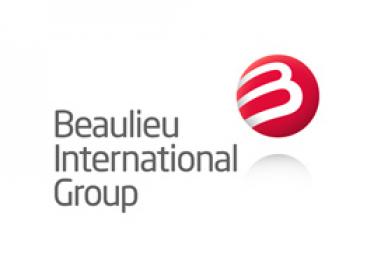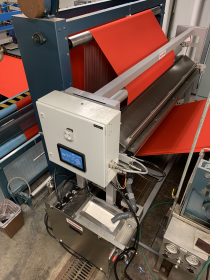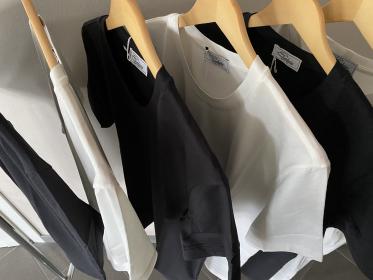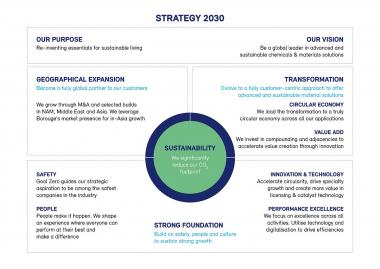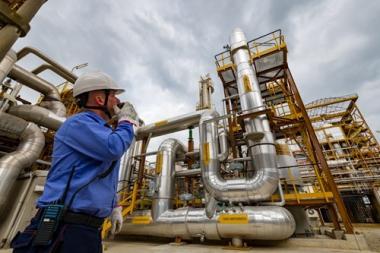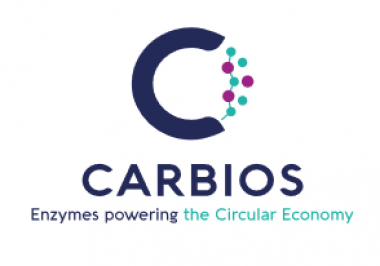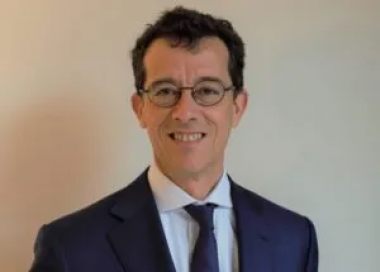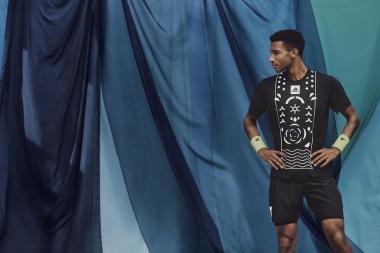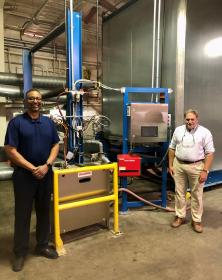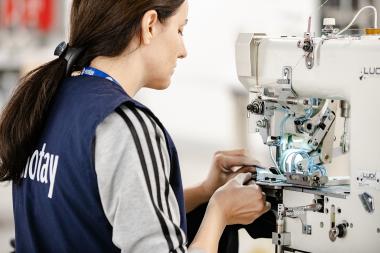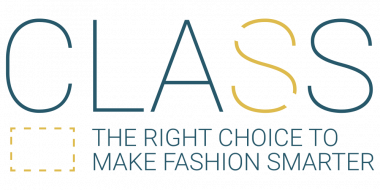Freudenberg endorses further products with ECO-CHECK label
Freudenberg Performance Materials (Freudenberg) is endorsing further sustainable products with its ECO-CHECK label introduced last year. These products comply with various environmental criteria. With immediate effect, five more solutions bear the label making the company’s commitment to sustainability visible.
Leather goods
The newly-endorsed ECO-CHECK products include one Evolon® microfilament textile application. This is a reinforcement material for leather goods that is manufactured with no solvent and no binder. It contains up to 80 percent recycled PET and is suitable for a broad range of applications. The material is produced at Freudenberg’s facility in Colmar, France, where the manufacturing process is highly sustainable: it is certified to STeP by OEKO-TEX® and fully complies with the DETOX TO ZERO by OEKO-TEX® criteria.
Healthcare applications
In the field of healthcare, the bio-based M 1714 wound pad with superior absorption for more challenging wounds has now been endorsed with the ECO-CHECK label. The dressing consists of a mix of bio-based fibers derived from natural sources and exhibits a smooth wound contact layer. The product has been evaluated for industrial compostability and conforms to ISO 13432.
Architectural applications
The sustainable TF 400 Eco F mesh fabric for textile architecture from Mehler Texnologies® now also bears the ECO-CHECK label. Its yarn is made of 100% recycled PET bottles and its characteristics are very similar to those of conventional mesh fabrics. In 2021, it was awarded first place by the Architectural Membrane Association (AMA) in the “product” category in recognition of its properties.
Shoes
In the shoe industry, the binder-free strobel insoles have been endorsed as particularly sustainable. They contain a high percentage of recycled green bottle flakes. Moreover, the insoles themselves are fully recyclable.
Filtration applications
The two layered, needle-punched nonwoven filter medium that has just been endorsed with the ECO-CHECK label has impressive sustainability characteristics. Made entirely of polyester, more than half the fibers consist of recycled material.
Freudenberg Performance Materials Holding SE & Co. KG









